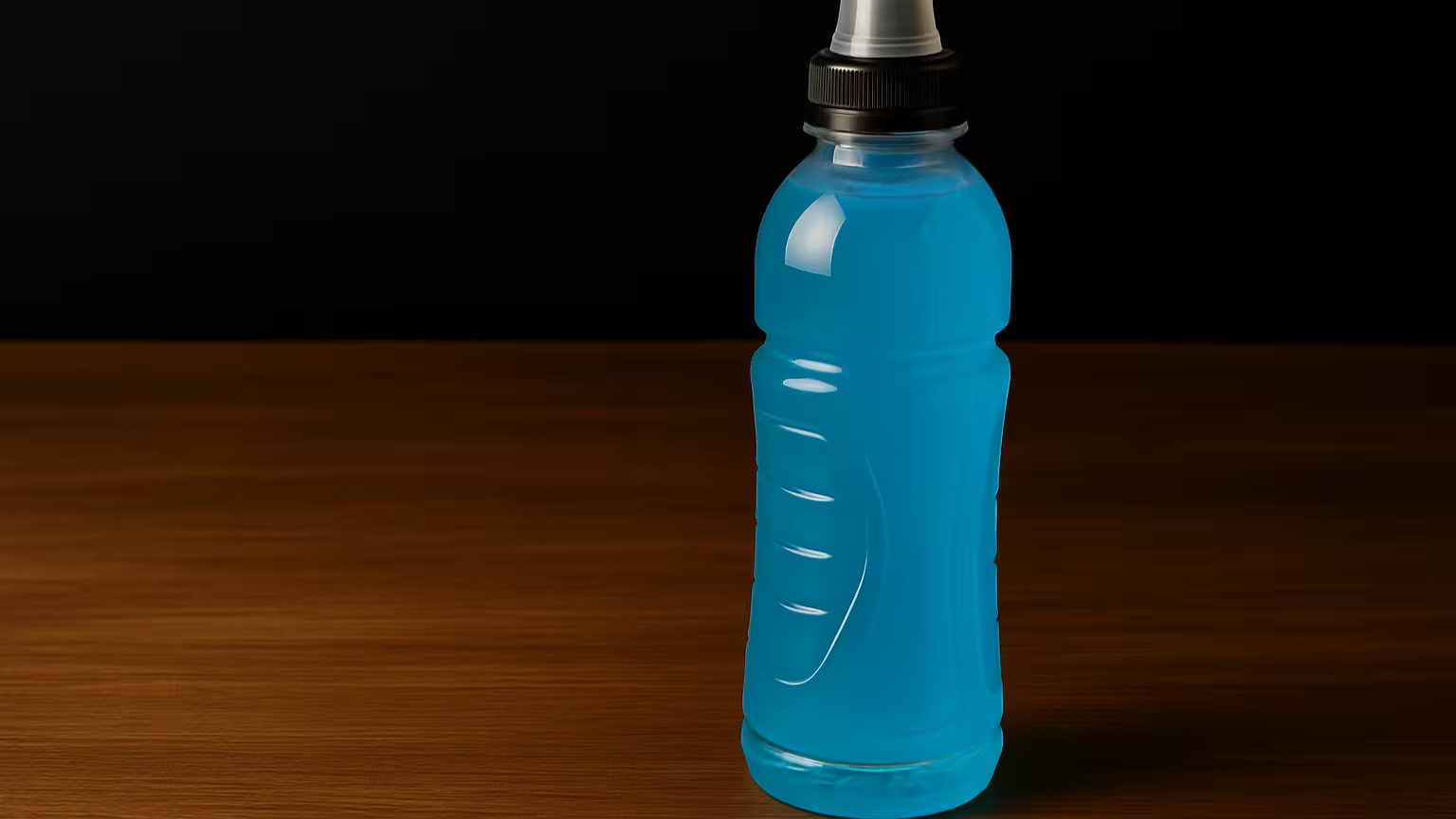When you walk into a gym or browse a sports store, you’ll see shelves full of colorful electrolyte drinks. They promise better hydration, faster recovery, and improved performance. But do you really need them? Here’s what science and doctors say.
What Are Electrolyte Drinks?
Electrolyte drinks contain essential minerals like sodium, potassium, calcium, and magnesium. These minerals help your body regulate nerve and muscle function, balance blood acidity and pressure, and stay hydrated.
When you sweat—especially during tough workouts or on hot days—you lose water and electrolytes. Replacing both is important to prevent dehydration, muscle cramps, or more serious health issues.
Also Read:
When Are Electrolyte Drinks Helpful?
Doctors and sports medicine experts agree: electrolyte drinks are helpful in certain situations. Here’s when they come in handy:
- After intense workouts that last more than an hour
- When you’re in hot weather or working outside
- If you sweat a lot or naturally lose more salt
- After vomiting or diarrhea, when your body loses fluids quickly
- For endurance sports like running, cycling, or triathlons
In these situations, electrolyte drinks can help your body recover faster, stay balanced, and avoid fatigue or cramping.
When You Might Not Need Them
If you’re doing light or moderate exercise for less than an hour—like walking, light jogging, or lifting weights—plain water usually works fine. Your body doesn’t lose enough minerals to need a sports drink.
Also, if you eat a balanced diet that includes foods like bananas, yogurt, spinach, nuts, and dairy, you’re likely getting enough electrolytes for regular activities.
Are There Any Downsides?
Yes, there can be—especially if you use them when your body doesn’t need them.
- High sugar content: Many sports drinks are loaded with sugar, which can lead to weight gain or blood sugar spikes.
- Extra calories: If you’re not burning many calories, sports drinks may add more than you need.
- Artificial ingredients: Some drinks include artificial colors, flavors, or preservatives.
Doctors suggest reading the label. If you’re just trying to stay hydrated, go for low-sugar or natural options.
Healthy Alternatives to Store-Bought Electrolyte Drinks
If you want the benefits without the added sugar or chemicals, try these natural options:
- Coconut water – A natural source of potassium that’s easy to digest
- Homemade electrolyte water – Mix water with lemon juice, a pinch of salt, and a bit of honey
- Fruit-infused water – Add slices of fruit like orange, cucumber, or watermelon to your water for flavor and mild electrolytes
Electrolytes for Specific Groups
- Athletes: Endurance athletes benefit the most, especially after long-distance events.
- Kids: Drinks like Pedialyte help children recover after vomiting or diarrhea.
- Seniors: Older adults dehydrate faster and may benefit from electrolyte drinks during hot weather.
What Doctors Recommend
Most doctors say:
- Don’t drink electrolyte drinks just because they’re popular.
- Use them when needed, like during long workouts or after being sick.
- Pick low-sugar or sugar-free versions if possible.
- For most people, water and a healthy diet are enough.
How Many Electrolyte Drinks Should You Have Each Day?
Most people only need one electrolyte drink per day, and that’s usually after they lose a lot of fluids from sweating, heat, or being sick. Here’s when it makes sense to drink one:
- After a tough workout that lasts over an hour, drink one electrolyte beverage to replace lost minerals.
- If you’re dealing with vomiting or diarrhea, have one or two drinks during the day to help your body recover.
- When you spend long hours in extreme heat, drink one to stay properly hydrated.
Doctors warn people not to drink electrolyte drinks all day, especially if they contain a lot of sugar or sodium. Drinking too many can throw off your body’s balance, leading to too much salt or potassium.
Stick with plain water for daily hydration unless you’re sweating a lot or feeling sick. If you’re unsure how much you should drink, ask your doctor—especially if you have high blood pressure, kidney problems, or heart issues.
Electrolyte drinks can help—but only when your body actually needs them. If you’re sweating a lot, working hard, or recovering from illness, they’re a smart choice. Otherwise, stick with water and a nutrient-rich diet. If you have a medical condition or take medications, check with your doctor first.





